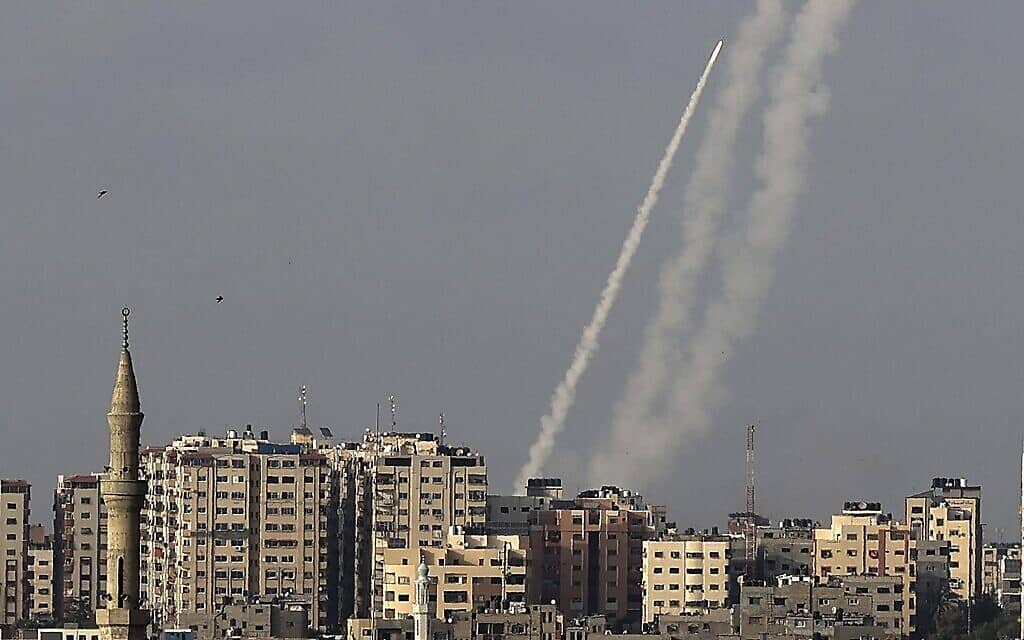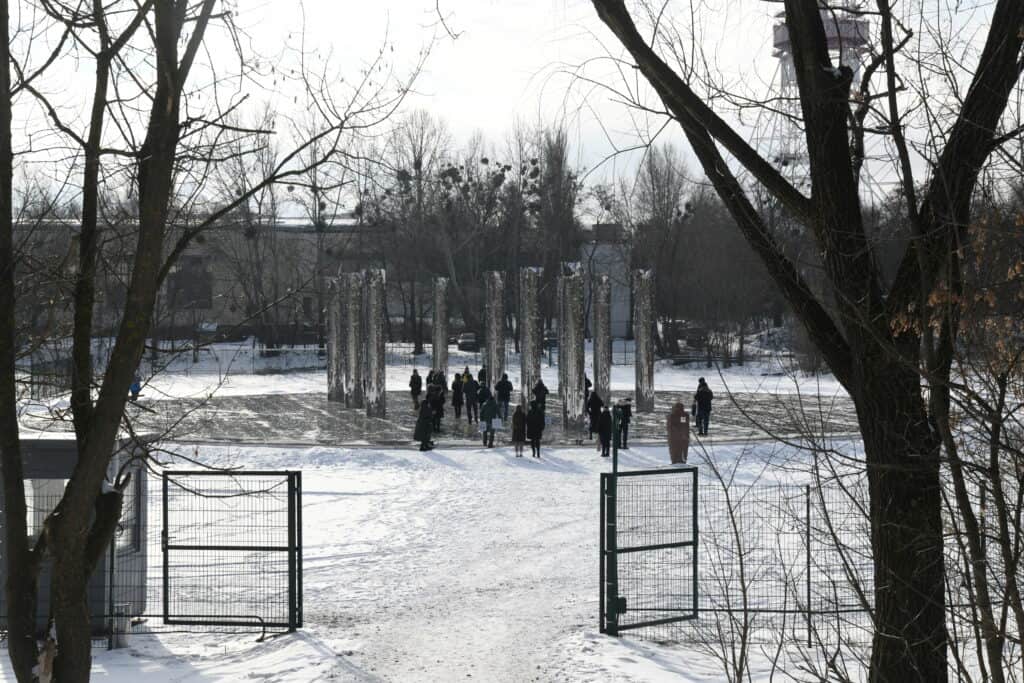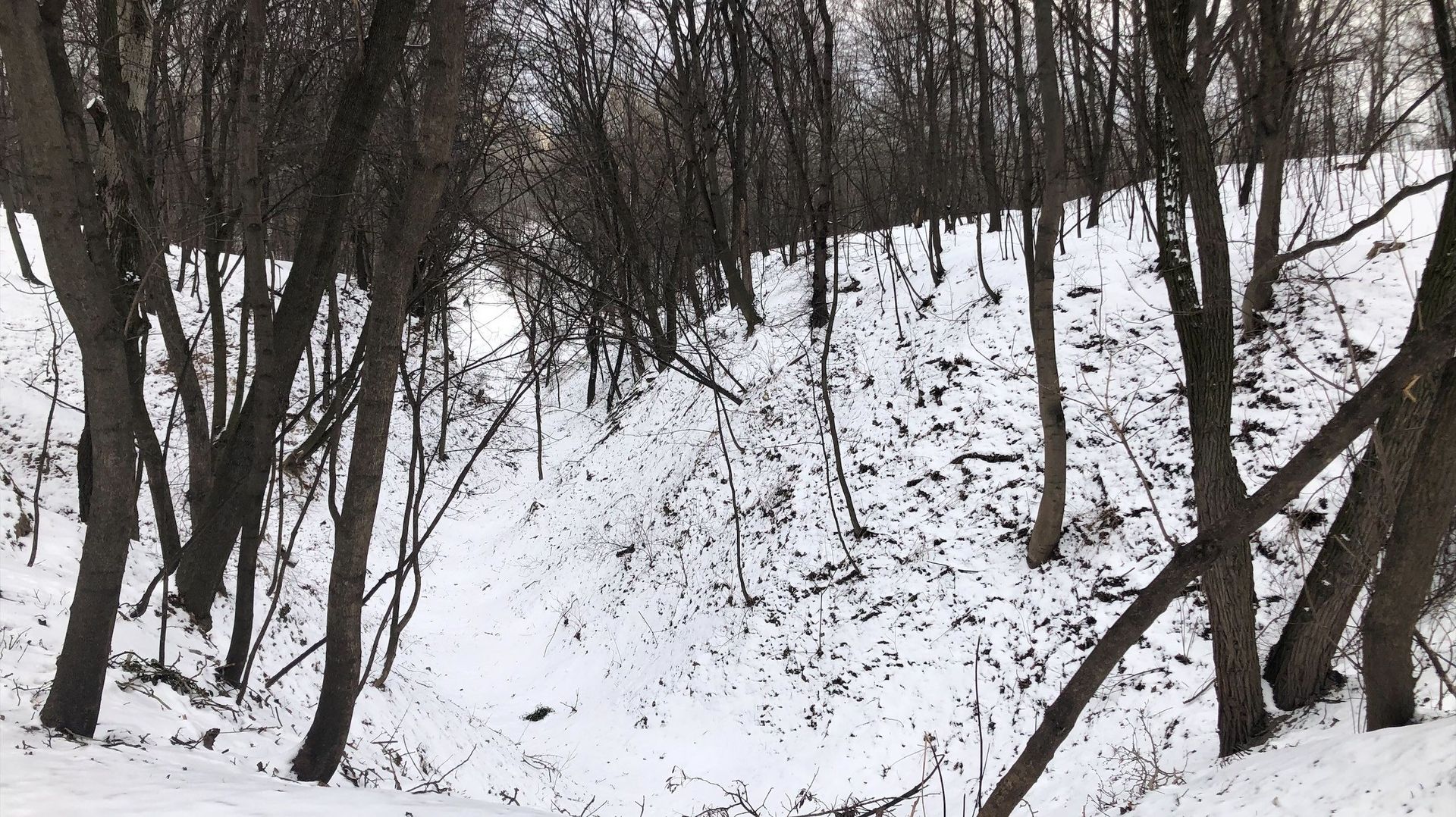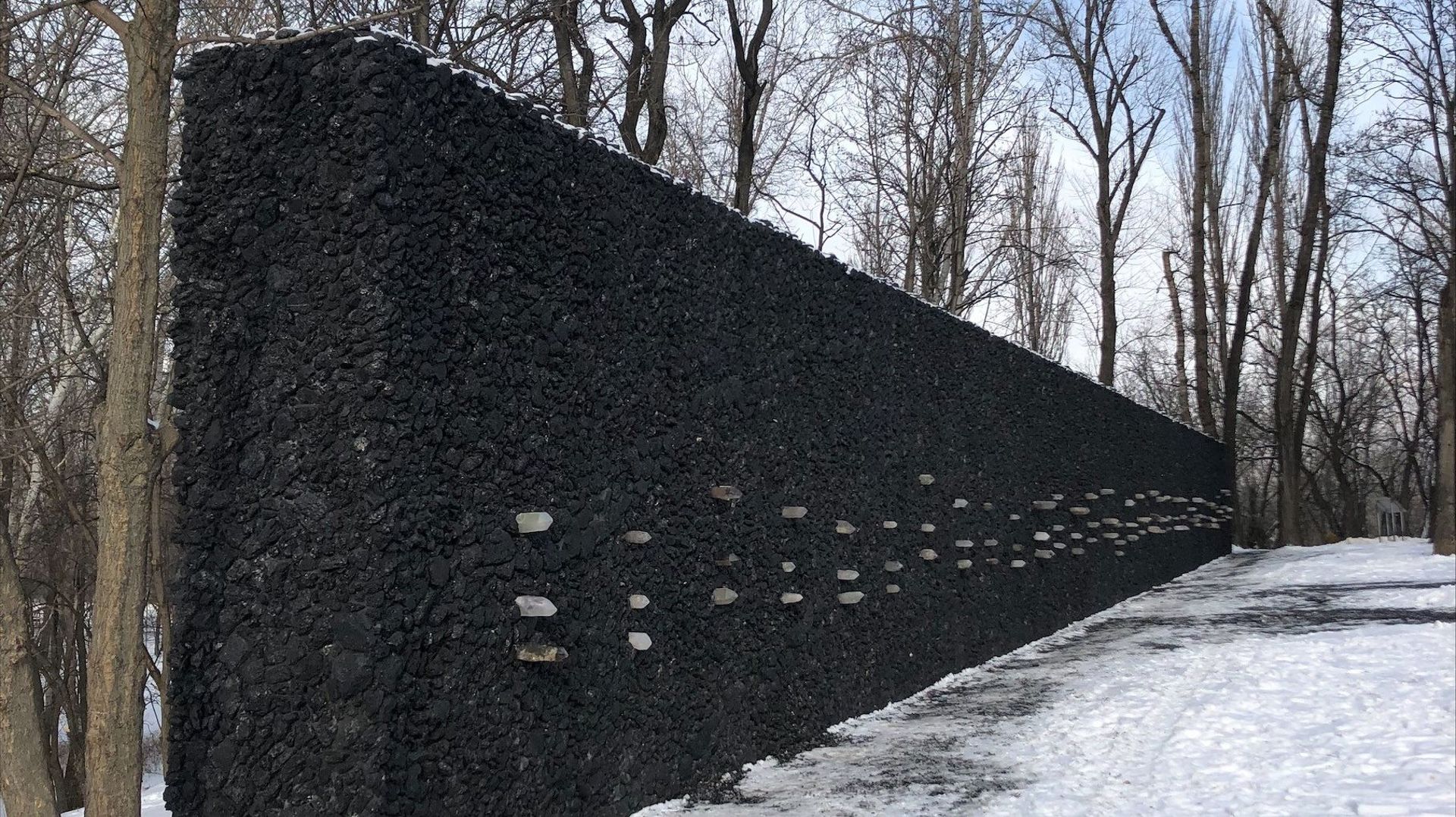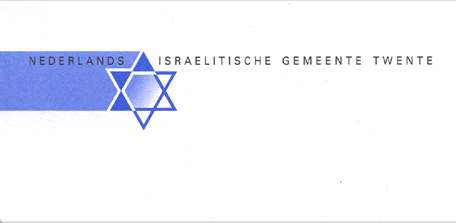A series of historic events commemorating ‘Eighty Years of Tragedy’ and in memory of the Holocaust victims of the Bukovina region, took place last week in the ‘Jewish Shtetel’ of Chernivtsi, Ukraine. Hundreds of dignitaries, public figures, guests, and members of the Jewish community attended the events. During the events, the regional governor made a surprise dramatic announcement: the ‘Jewish House’ nationalized during the Communist regime will be returned to the community and serve as a warm home for education and enrichment programs.
Under the auspices of the Jewish community of Chernivtsi, led by Chief Rabbi Menachem Mendel Glitzenstein and the head of the community, Mr. Leonid Milman, and with the assistance of local government bodies and other Jewish organizations, six memorial events were held on Tuesday and Wednesday (July 6-7). These events took place in memory of those murdered in the Holocaust and to commemorate the tragic historical events that began eighty years ago and led to their murder.
The climax, during which the region’s governor surprised the participants with the historic declaration, took place during a memorial meeting on the corner of Bryanska and Pizkulturna streets, where the Maccabi stadium was located and from where thousands of Chernivtsi Jews were deported in 1941 to their deaths in the ghettos and in the camps of Transnistria. A commemorative plaque was unveiled and inspiring speeches were delivered by the Israeli and German ambassadors to Ukraine and by the regional governor Mr. Sergei Osachuk. During his speech, Mr. Osachuk announced that the famous Jewish building called the “Jewish House” would be returned to the local community and will serve as an educational and cultural center benefiting community members and tourists from across the globe.
Following the governor’s announcement, during an official meeting with the Israeli ambassador to Ukraine that took place between the events, the ambassador Mr. Joel Lyon asked the Governor to authorize the return of the magnificent ‘Temple’ building to the community. In response, the governor promised “to do everything possible to return it soon.”
Additional events included a memorial service in the square from which thousands of Jews were taken – exactly 80 years ago – to the mass graves; reciting of the Yizkor prayer in the ‘Valley of Killing’ near the town of Baila, led by the city’s Rabbi and Israeli ambassador to Ukraine, Mr. Joel Lyon; a historical exhibition curated by the local Jewish Museum under the direction of Mr. Nikolai Kushnir; an Intellectual Forum for the History of the Bukovina Holocaust, with the participation of rabbis, politicians, experts and journalists, and a special film festival focused on the memory of the Bukovina Holocaust. Many of these events took place at the premises of the Jewish House.
“These events have an additional purpose,” explains the Chief Rabbi and Chabad emissary to Chernivtsi, Rabbi Menachem Mendel Glitzenstein. “Beyond commemorating the memory of the Holocaust victims and events, we must boldly look at the spread of anti-Semitism in the world and do everything we can to ensure that such a tragedy never happens again. We must celebrate our Judaism with pride and without fear, spread light, and make the darkness disappear. The might of the events that have just been commemorated in the city, with the participation of government representatives and guests from across the world, prove that this is possible and in our hands.”
Tens of thousands of Jews from Chernivtsi and the Bukovina region are scattered around the world. Many of them are eager for information about their roots and relatives who lived in the city. The Jewish community has set up a commemorative project that helps them in a variety of ways to commemorate their loved ones and discover information about them. You can contact the community at the following email: jewishczernowitz@gmail.com


